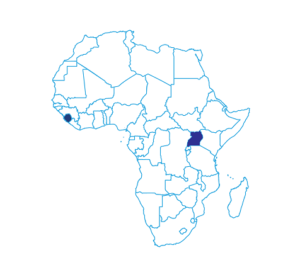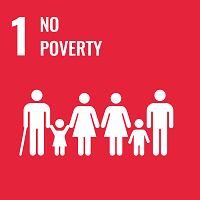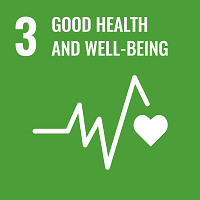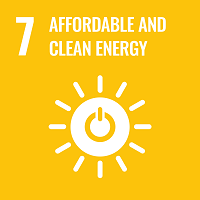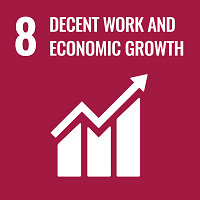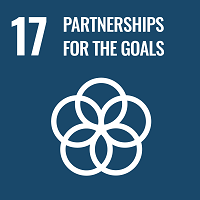Project supports both countries' NDC targets to reduce GHG emissions by 2030 and promote renewable energy development in rural areas. Contributes to Sierra Leone’s conditional national electrification target of 95% by 2030 (Updated NDC, 2021) and Uganda’s 100% electrification by 2030 target (Draft Revised National Energy Policy, 2019). Improving energy access through renewable energy supports the implementation of Sierra Leone’s medium-term development vision 2019-2023 and Uganda’s National Development Plan III (2020/21-2024/25).
Winch
Following the support of REPP and co-lender, FMO, developer Winch Energy has successfully completed the construction of mini-grids in Sierra Leone (12) and Uganda (25). The completion of the 12 mini-grids in Sierra Leone adds to an existing portfolio of 12 mini-grids being operated by the company in the country. All 49 mini-grids were operational as of July 2023, providing clean, reliable and cost-competitive electricity to over 21,000 people across the two countries.
Currently, around 23% of Sierra Leone’s population is connected to electricity, which is considered a significant impediment to the nation’s growth and development, with the majority of households in rural areas dependent on kerosene, candles, fuel wood and charcoal. The situation is similar in Uganda, which has a rate of electrification of around 41%, although this is far lower in rural areas.
Given both countries’ low electrification rates, mini-grids have a significant role in providing electricity access to clean energy, thus supporting the achievement of SDG7 and national electrification targets. Furthermore, the project is mitigating GHG emissions and generating other co-benefits such as:
– First-time access to energy creates new opportunities for social and economic development through extended working hours, and reduced wastage of time and physical exertion and provided improved information access.
– Renewable energy increases productive use of energy opportunities and works as a driver for long-term economic growth in the project community, increasing the resilience of the community to climate change.
– Replacing kerosene and candles for lighting will improve indoor air quality.
– Employment opportunities are created during development and operation across numerous skills.
Winch Energy, owned by NEoT OffGrid Africa, has previously invested significantly in development activities, including pilot projects to prove the viability of its projects and technology. REPP’s loan will enable the company to scale up its operations, which in turn will improve the likelihood of securing more funding and building further mini-grids.
The mini-grids being used in the project have been developed by Winch Energy and employ a remote power unit (RPU), a containerised solution with canopy-mounted solar PV panels with battery storage, delivering reliable AC supply to rural areas.
Around 100 people were employed during the construction phase of the project, with over 40 people now employed full-time operating the mini-grids.
Funding structure
Contracted date: 17 September 2021
Lending type: Senior term loan
REPP funding: USD 2.1 million
Having REPP and FMO as partners on the project providing debt financing has been a significant milestone for the advancement of the off-grid sector in Sub-Saharan Africa. We can see the impact we are making with every kWh of affordable clean energy being consumed, making lives better for households, businesses and public institutions alike.- Idris Tayebi, Director of NEoT OffGrid Africa
This flagship transaction has been crucial for our first mini-grid investment, making the case stronger for debt project financing in the mini-grid world. We look forward to continuing our partnership with REPP and FMO for the future deployment of mini-grids, exponentially magnifying the effect on rural communities and the environment with every new connection.

